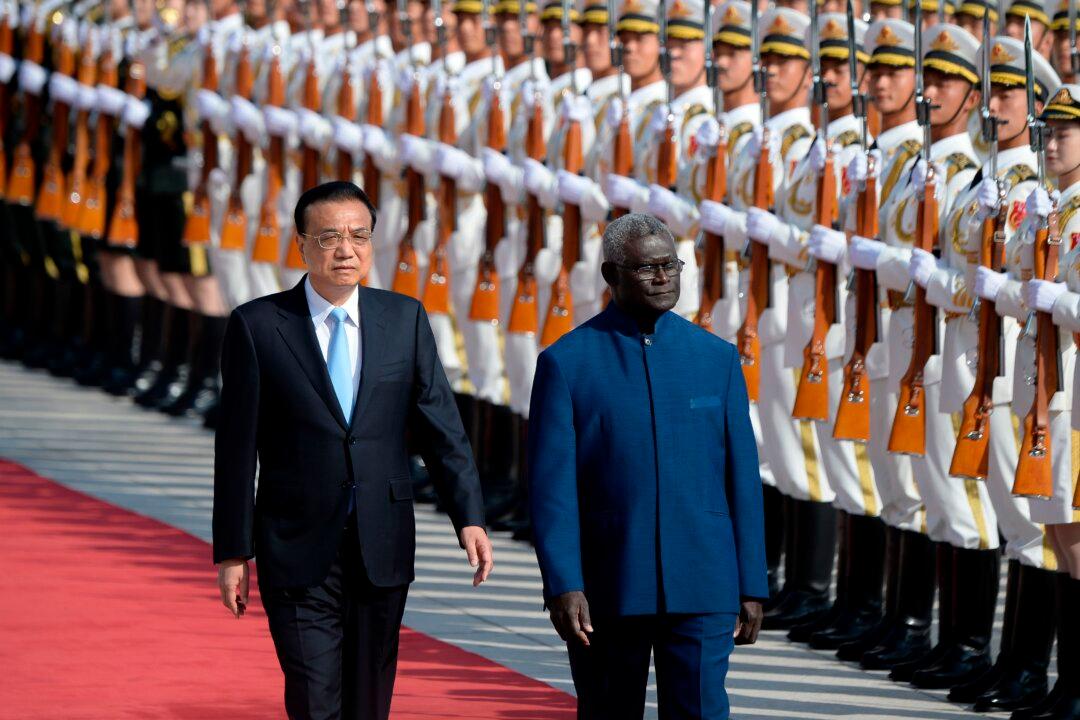In September 2019, two Pacific nations—the Solomon Islands and Kiribati—decided to drop diplomatic recognition of Taiwan in favor of the People’s Republic of China (PRC). The move was the latest step in the Beijing regime’s continuing efforts to chip away at Taiwan’s international standing.
In the face of the Solomon Islands’ national government’s decision, Daniel Suidani, the premier of the Islands’ most populous region, Malaita Province, has continued to stand firm in his support for Taiwan, despite pressure from federal colleagues and Beijing.





